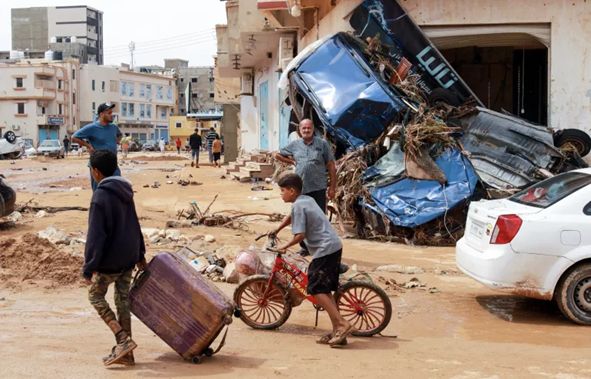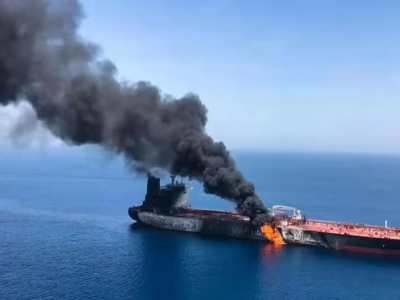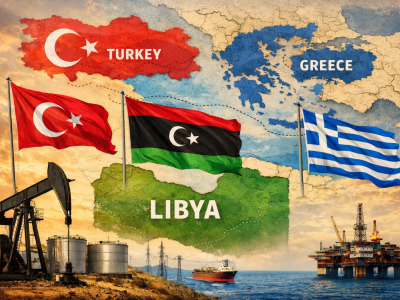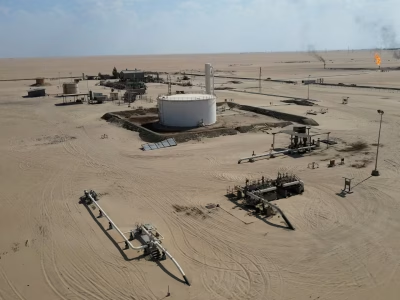Does the World Even Care About a Peaceful Libya?
Libya remains a fractured state, its future cloudier than ever. The nation’s path to peace has been obstructed by internal divisions, external interventions, and a glaring absence of international resolve. While crises in Gaza, Syria, Lebanon, and Yemen dominate global headlines, Libya’s plight is largely ignored, revealing a stark hypocrisy in the international community’s approach to Middle Eastern conflicts.
A Nation in Perpetual Crisis
Since the 2011 NATO-backed ousting of Muammar Gaddafi, Libya has descended into chaos. The country is divided between rival governments in the east and west, each supported by various militias and foreign powers. Despite numerous UN-backed initiatives, including the recent formation of an advisory committee to resolve electoral issues, progress remains elusive.
The humanitarian situation is dire. More than 800,000 migrants and refugees reside in Libya, many subjected to arbitrary detention and abuse. The UN estimates that nearly 250,000 people lack access to essential water, sanitation, and hygiene facilities. Additionally, over 160,000 Libyans are internally displaced, with many facing inadequate healthcare and education services.
The World’s Selective (and Unsuccessful) Intervention
The world’s response to Libya’s crisis stands in contrast to its involvement in other Middle Eastern conflicts. While other regional hotspots receive substantial attention from global media, Libya’s suffering is met with indifference. While sympathy for Libya remains less “mainstream”, there has been efforts from global entities to help. Let’s review some of the actions of the international community to improve the situation in Libya:
- UN Support Mission in Libya (UNSMIL): Established in 2011, UNSMIL played a key role in facilitating the transition to a democratic government post-Gaddafi. However, it failed to curb a power vacuum in the country and eventual military dictatorship of Khalifa Haftar’s LNA in the east.
- Libyan Political Agreement (LPA): In 2015, the UN brokered the LPA, which aimed to establish a unity government. The agreement led to the formation of the Government of National Accord (GNA), which was recognized by the international community but more importantly was not recognized by the Libyan House of Representatives, the rival administration in the east. In other words: the GNA’s foreign support did nothing to prevent a steep divide within the nation; in fact, it may have exacerbated it.
- GNU Formation: In 2021, the Libyan Political Dialogue Forum (LPDF) was established to facilitate a peaceful transfer of power. The LPDF led to the formation of the Government of National Unity (GNU), which is a unity government that brings together representatives from different Libyan regions. While it did merge the GNA with the Second Al-Thani Cabinet, a rival Tobruk-based government, it failed to address the growing power of other authorities in the east.
- 2024 Initiative: In 2024, the UN launched an initiative to overcome the political deadlock in Libya. The initiative aims to facilitate a national dialogue between Libyan officials to address the country’s pressing issues. However, without a clear vision for implementation, it looks to be the newest installment of futile foreign involvement.
- International Aid: Libya has received tens of millions in aid from various entities in recent years. The reality, however, is that dumping money into a country usually doesn’t prove to be an efficient form of assistance.
While the world’s efforts in helping Libya have been inefficient, it’s safe to say that the hypocrisy lies more in global perception and media rather than actual initiative. The international community’s ineptitude doesn’t necessarily translate to indifference, but there’s definitely less pressure to make a positive change due to the media disparity. The PR focus – for whatever reason – remains elsewhere, raising questions about the underlying reasons for this selective attention.
A Call for Genuine Engagement
If the international community is genuinely committed to promoting peace in Libya, it must change its approach. Uncoordinated distribution of foreign aid with no real structure and political initiatives that ignore other (very relevant) administrations will continue to render the same results.
International support shouldn’t come unconditionally, and needs to have direction. If the world is going to help Libya as a whole, the rival factions within the nation will need to learn to cooperate in the name of resolving this humanitarian crisis. The international community can leverage its resources and influence in order to push these sides closer together and unify the country. Libya’s economy is heavily reliant on exports, making it vulnerable to external pressures. This means that the country’s governments can be compelled to comply with foreign demands for bringing about stability and reducing internal divisions.
Path to peace is fraught with challenges, but it is not insurmountable. With sustained international support based on a logical plan, Libya can begin to heal and rebuild. However, this will only occur if the world chooses to care and promote an assertive vision that is practical for Libya’s fractured landscape.




